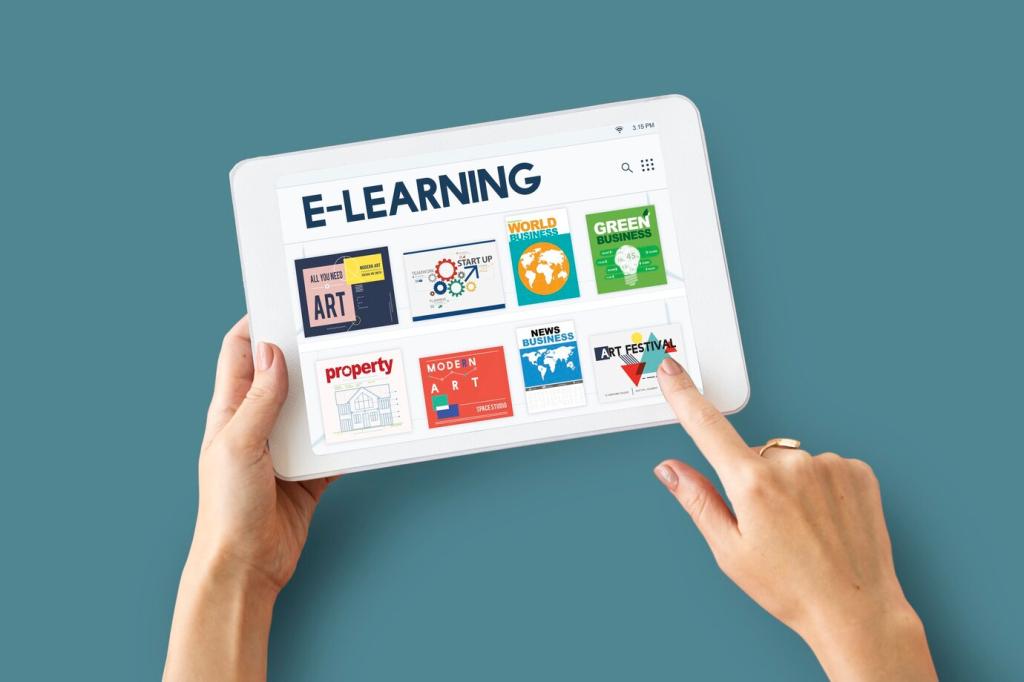Assessment as Story Milestones
Turn practice into short missions that strengthen a single skill. Offer immediate, low-stakes feedback and a reward that advances the plot. Students often return eagerly to retry side quests—what micro-mission could you add this week?
Assessment as Story Milestones
Culminating tasks should feel epic but fair. Include ‘second-chance’ mechanics like hints, retries, or partial credit framed as backup tools. Readers, share one generous boss-battle mechanic you would include to honor persistence.








